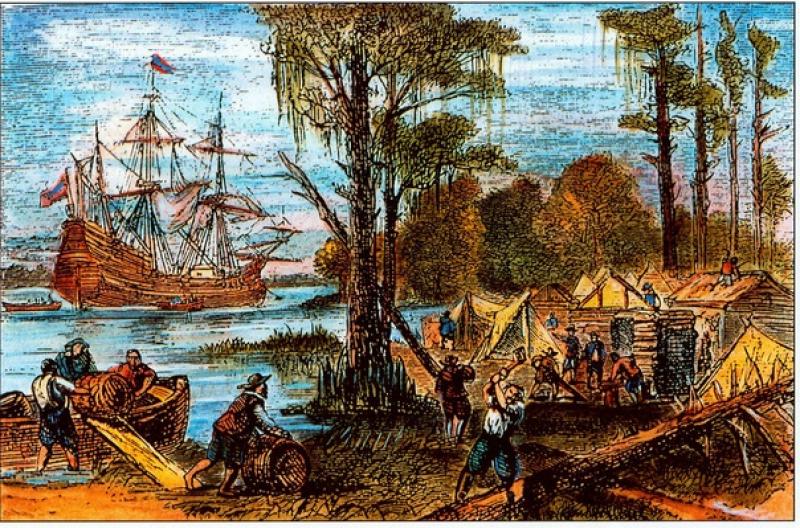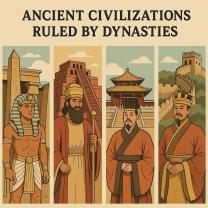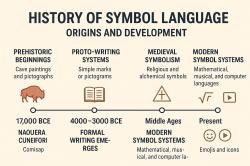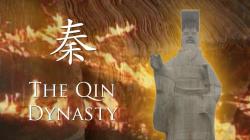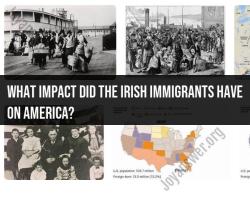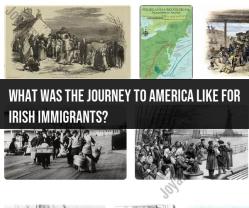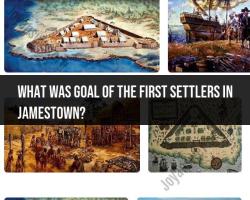Why did the first settlers come to Jamestown?
The first settlers came to Jamestown, the first permanent English settlement in North America, for a combination of economic, political, and strategic reasons. Here are some key factors that motivated the establishment of Jamestown in 1607:
Economic Ventures:
- The primary motivation for the settlers was economic. The Virginia Company of London, a joint-stock company, sponsored the venture with the goal of turning a profit. The settlers were instructed to search for valuable resources such as gold and other minerals. The hope was that the colony could produce commodities that would generate income for both individual settlers and investors in England.
Search for a Northwest Passage:
- Like many European explorers of the time, the settlers were interested in finding a water route to Asia, commonly referred to as the Northwest Passage. While this was not the primary goal, the location along the James River offered the potential for access to a navigable water route that could facilitate trade with Asia.
Strategic Location and Defense:
- The site chosen for Jamestown had strategic advantages for defense. It was located on a peninsula, making it easier to defend against potential Spanish and other European rivals. The settlers were also instructed to maintain good relations with the local Indigenous peoples and were concerned about potential military threats.
English Colonization and Competition:
- The establishment of Jamestown was part of the broader European competition for colonization in the Americas. England sought to stake its claim to territories in North America and compete with other European powers, including Spain and France, that were already active in the region.
Permanent English Presence:
- Unlike previous attempts at colonization, such as the Roanoke Colony, the settlers at Jamestown were determined to establish a permanent English presence in North America. The goal was to create a self-sustaining colony that could contribute to the economic and strategic interests of England.
Private Ownership of Land:
- The Virginia Company introduced the concept of private ownership of land, allowing individual settlers to own and cultivate their own plots. This was in contrast to earlier ventures where communal ownership prevailed. The promise of land ownership attracted potential settlers seeking opportunities for personal economic advancement.
While the motivations for coming to Jamestown were diverse, the economic aspirations and the desire to secure a foothold for England in the New World were central to the establishment of the colony. The success of Jamestown marked the beginning of a more sustained English presence in North America, shaping the course of colonization and influencing the development of the future United States.
What motivated the first settlers to come to Jamestown?
The motivations of the first Jamestown settlers weren't monolithic; a complex mix of factors drove them to embark on this risky venture across the Atlantic:
Economic Aspirations:
- Prospect of wealth: Many, especially gentlemen adventurers, dreamed of finding gold, silver, or other valuable resources to bring back fortune and fame.
- Land and opportunity: England was experiencing land scarcity and social unrest. Jamestown offered a chance for some, particularly indentured servants and laborers, to own land and improve their social standing.
National Interests:
- Expanding England's power: Colonization was a competition among European powers. Founding Jamestown was a way for England to claim territory, secure resources, and challenge rivals like Spain.
- Establishing trade routes: Discovering a Northwest Passage to Asia, believed to be a faster route for trade with the East, was a major motivator for the Virginia Company.
Religious Ideals:
- Spreading Christianity: Converting Native Americans to Christianity was a stated goal of the Virginia Company and some settlers held genuine religious zeal.
- Finding religious freedom: For some Protestants facing persecution in England, Jamestown offered a potential haven.
Personal Circumstances:
- Escape debt or poverty: Indentured servants and some laborers sought to escape the harsh realities of life in England and build a new future in the New World.
- Adventure and exploration: The spirit of adventure and curiosity attracted many, particularly younger men, to the unknown possibilities of North America.
It's important to note that these motivations weren't mutually exclusive and varied in importance for different individuals. While economic gain might seem like the most prominent factor, understanding the interplay of national ambitions, religious ideals, and personal circumstances paints a more comprehensive picture of what drove the first Jamestown settlers.
Furthermore, their objectives evolved over time. The harsh realities of early survival often eclipsed dreams of quick riches, and building a self-sustaining colony became a crucial focus. Additionally, interactions with the Powhatan Confederacy, often marked by conflict and misunderstanding, challenged their preconceived notions and forced them to adapt their goals and strategies.
Ultimately, the story of Jamestown is a complex tapestry woven from diverse threads of economic greed, national pride, religious conviction, and individual aspirations. Understanding these motivations is crucial for appreciating the challenges and triumphs that shaped this significant chapter in American history.
Feel free to ask further questions if you'd like to delve deeper into specific aspects of the settlers' motivations or the early years of Jamestown!
